Brex and Wise are Solving Growing Pain Points for Employers: Global Employee Reimbursements
The “Going Global” Challenge In today’s post-pandemic world where employees can work from anywhere and companies are more frequently hiring beyond their...
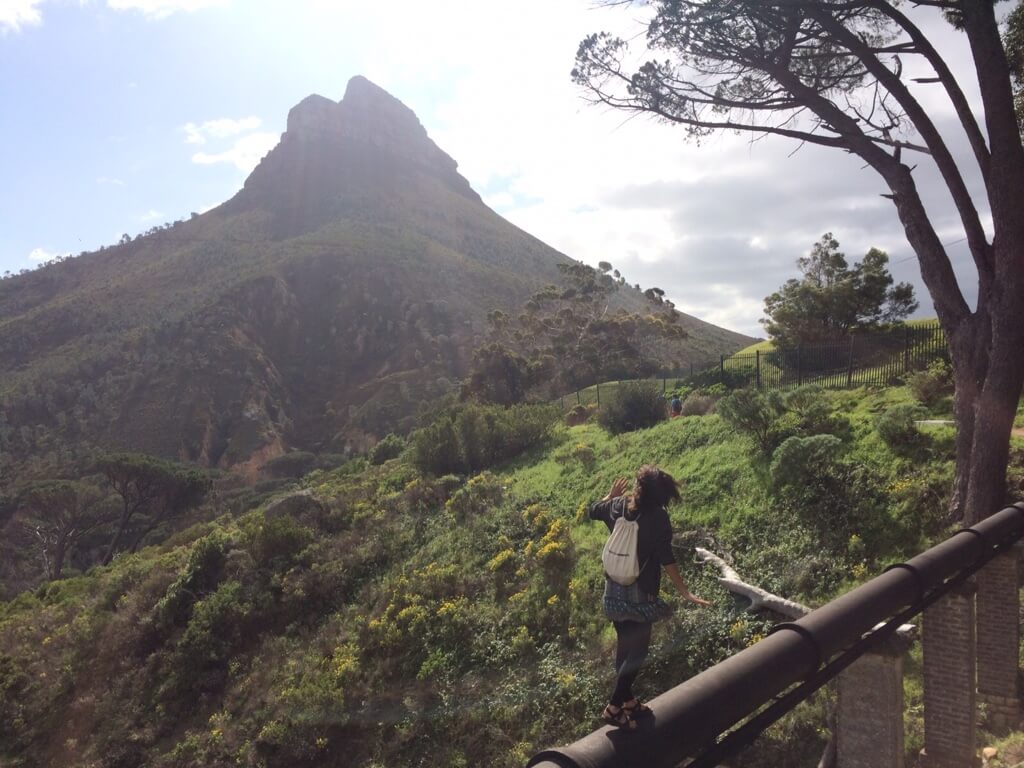
Wise is the smarter way to send money internationally. We're making it cheaper and easier for you to move money between countries, because we believe the world is better when people, money and ideas can travel more freely.
As the daughter of immigrants, every time I travel, I experience an identity crisis.
The first crisis happened when I visited Ecuador – my father’s home country – and suddenly realized I was far more “American” than I had previously thought.
My accent was off, my ripped jeans were inappropriate, and my views on politics and feminism were a bit too radical. No one could understand my interest in US “indie rock” music or the US cultural references I’d include in my jokes.
But then, a second identity crisis happened when I traveled with my “fellow Americans” on a study-abroad program to South Africa, and found that I couldn’t necessarily identify with them either.
We ate different food, and we had different beliefs and values around family and relationships. Sometimes, they even had a negative perspective towards non-Americans or immigrants that placed them directly at odds with my family history.
Even though we shared a “home” country, we shared little else. I began worrying that if even those from my own country didn’t feel like “my people,” no one would.
More than culture shock.
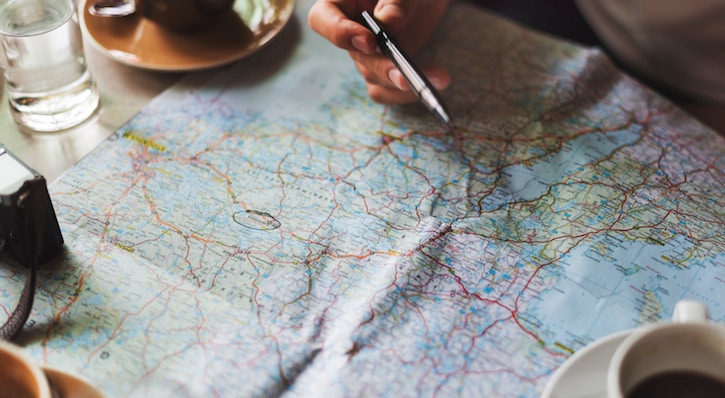
A line in the movie Selena summarizes the immigrant conundrum well for many Latinos: “We have to be more Mexican than the Mexicans and more American than the Americans, both at the same time. It’s exhausting!”
For me, traveling made me feel the weight of this expectation. With every trip I took, I asked myself: Am I really as “American” as these other tourists here? Or, if in Latin America, am I really as connected to my family heritage as I should be? In Ecuador, I wasn’t Ecuadorian enough. In the US, I wasn’t American enough.
For most travelers, culture shock is common. But as a daughter of immigrants, traveling caused something more: I didn’t just feel uncomfortable or surprised by the unique cultural differences I experienced. I felt that that they fundamentally put into question who I was.
A different way of being.
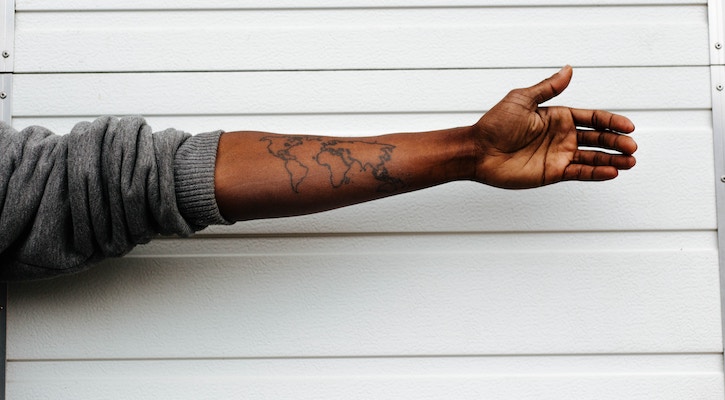
Perhaps never fully being “from” anywhere is not necessarily a crisis, but simply a different way of being.
That's the theory, at least, put forward in a TED talk by writer and photographer Taiye Selasi.
Of Ghanaian and Nigerian descent, she was born in London and raised in Boston, and now lives in Rome and Berlin. She argues that for people with backgrounds like hers, tying your identity to one place or culture no longer makes sense.
Meanwhile, research suggests that more Americans are choosing to make international cultures a greater part of their lives. The World Youth Student and Educational Travel Confederation estimated young travelers will take 320 million international trips by 2020, an almost 50% increase from 2013.
The idea of a borderless world.
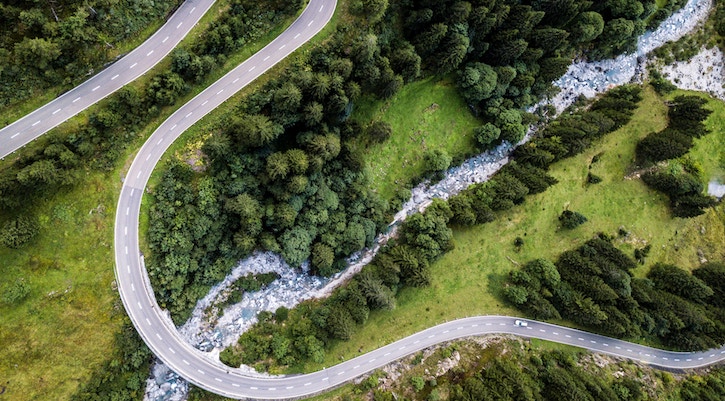
Curiously, the United States doesn’t officially count how many citizens choose to move and live abroad each year.
However, a researcher from George Washington estimated that from 2010 to 2013, 200,000 more Americans became expats (he estimated that around 3 million Americans live abroad, making the US “diaspora” the 31st largest state).
Even those who haven’t yet left still consider the option more and more: a Wise survey found that two-thirds of millennials say they wouldn’t mind living abroad. Other surveys show that young people are more likely to define themselves as “global citizens” rather than by their nationality.
In a world with such increasing migration, I’m realizing that an identity based entirely on nationality has become more and more meaningless. Curiously, in a time when many politicians advocate for closed borders, I have become far more interested in the idea of a borderless world.
Instead of staking my claim in where I’m “from,” I instead want to embrace the complications of a more generalized identity. So instead of an identity crisis while traveling, I’m now trying to remember what my friend Karina Lopez told me years ago: “The ultimate freedom in travel lies in the fluidity in identity that it offers, and the opportunity to define who I am for myself.”
Wise is the cheaper way to send money between countries.
Try by signing up for free here. Or try our Borderless account, which makes managing money in different currencies cheaper and easier than ever.
*Please see terms of use and product availability for your region or visit Wise fees and pricing for the most up to date pricing and fee information.
This publication is provided for general information purposes and does not constitute legal, tax or other professional advice from Wise Payments Limited or its subsidiaries and its affiliates, and it is not intended as a substitute for obtaining advice from a financial advisor or any other professional.
We make no representations, warranties or guarantees, whether expressed or implied, that the content in the publication is accurate, complete or up to date.
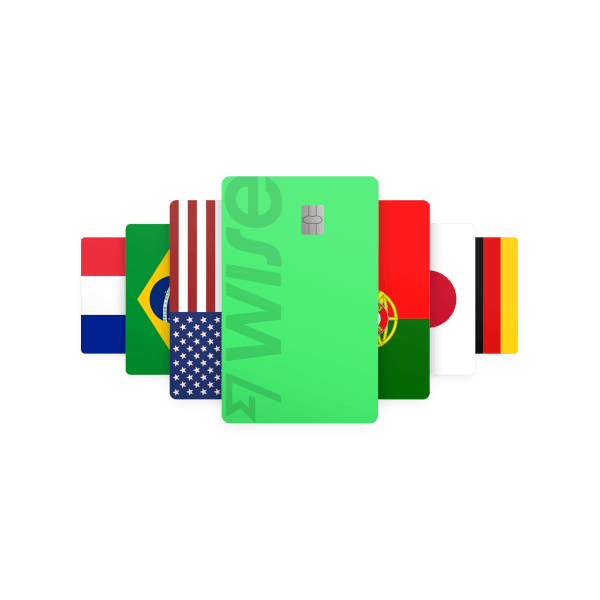
The “Going Global” Challenge In today’s post-pandemic world where employees can work from anywhere and companies are more frequently hiring beyond their...
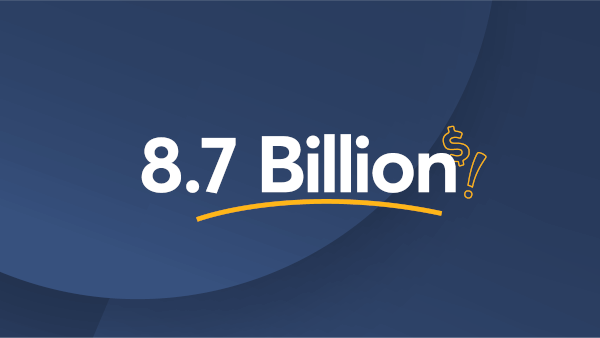
Hidden exchange rate markups estimated to cost Americans $8.7 billion in 2019 Consumers and businesses lose billions every year when they send and spend money...
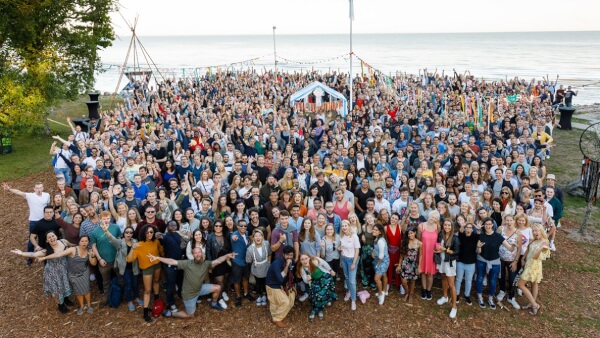
We’ve just finished Q3. It’s time for an update on how much closer we’ve got to making our mission of Money Without Borders a reality.

Our mission has become irreversible, the company financially independent, and adoption continues to accelerate. Thank you - Wise customers - for...
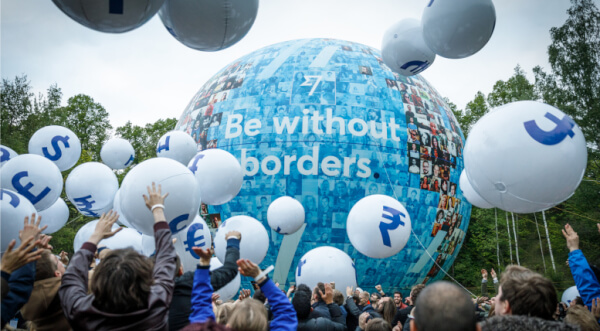
To the Wise community When my co-founder and I launched Wise 7 years ago, we set out to irreversibly fix how money doesn’t work across...

You have made Wise possible. You keep our lights on, so that we can make money move faster and cheaper for you. This is our Q2 report to you.